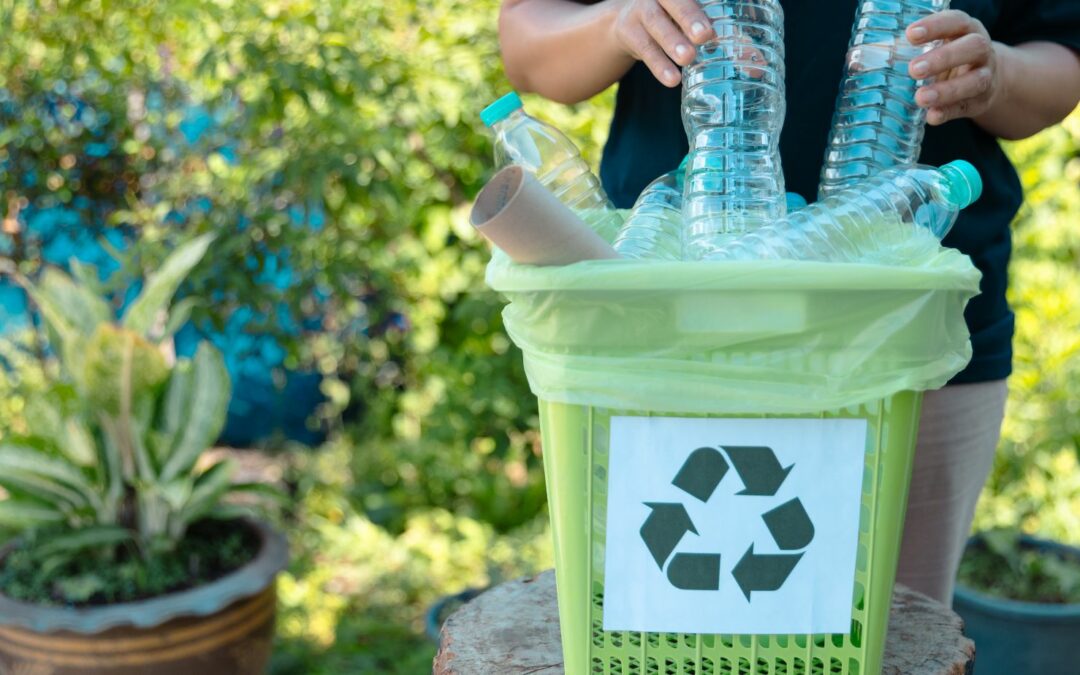Some problems are simple to solve. For example, if you want to have fun and have a chance to win real money, you can play online slot machine. If you have a more complex problem, like getting rid of plastic waste in your country, you can always send it to other countries: there are many third-world countries ready to buy “garbage” from developed countries for money. But is this a real solution? What happens to that imported plastic waste? Is it recycled? Let’s find out.
Which Countries Import and Export Plastic Waste?
First of all, let’s talk about which countries export waste and which countries import it. The tables below are for 2019, but this is enough to get a general idea.
| COUNTRIES THAT EXPORT PLASTIC WASTE THE MOST | |
| COUNTRY | PLASTIC WASTE (IN TONNES) |
| Japan | 535.840 |
| Germany | 413.224 |
| USA | 317.627 |
| France | 91.667 |
| Italy | 83.384 |
| COUNTRIES THAT IMPORT PLASTIC WASTE THE MOST | |
| COUNTRY | PLASTIC WASTE (IN TONNES) |
| Turkey | 225.376 |
| Vietnam | 135.027 |
| Malaysia | 78.791 |
| Laos | 65.976 |
| India | 23.904 |
China was the leader of the import table, but in 2019, the Chinese government banned the import of plastic waste. This has led other countries in the region to enter the sector: China used to import more plastic waste than most of the countries in this list. The situation in Turkey is quite special: Turkey imports plastic waste from almost all European countries, with Belgium and England leading them. The reason why it is the largest waste-importing country in the world is simple: Turkey is the “garbage collector” of Europe. For example, 40% of plastic waste in the UK is sent to Turkey. To give you an idea, in 2020, 241 truckloads of plastic waste were sent to Turkey every day. In terms of statistics:

- Turkey imported a total of 659,960 tonnes of plastic waste from European Union countries and the United Kingdom in 2020.
- The amount of plastic waste coming from Europe to Turkey in 2019 was 582,296 tonnes. Plastic waste imports increased by 13 percent in 1 year.
- Turkey became the country that received the most plastic waste from Europe in 2020. Turkey met 28% of European plastic waste exports.
- Plastic waste imports have increased 196 times in the last 16 years (since 2004).
- The top five countries sending plastic waste to Turkey in 2020 were the United Kingdom (209,642), Belgium (137,071), Germany (136,083), the Netherlands (49,496), and Slovenia (24,884).
What Happens to All These Wastes?
If you think that these wastes are recycled by the importing countries or stored in an environmentally friendly way, you are wrong. All this waste is simply thrown away or incinerated. For example, a report by Greenpeace UK shows that plastic bags and packaging from the UK and Germany are thrown into the environment and incinerated in southern Turkey. Plastic wastes are dumped on roads, fields, and even waterways. Most of them stay where they are thrown and pollute the environment.

There are refugees in Turkey who collect this waste and sell it to recycling centers by kilogram. They can earn 200 TL (approximately 20 EUR) per 100 kilos of waste and collect 500 kilos of waste per day. But even for them, it’s a huge pile of plastic waste.
Vietnam, which is in second place after Turkey, prefers to bury and incinerate its plastic waste. India can recycle 60% of the waste it imports, leaving the rest where it is. Similar things can be said for the other countries on the list: no country recycles all of the waste it imports. Some countries do not have the facilities to do so, and some of them simply do not care.
Predictably, if you collect the world’s garbage and don’t get rid of it, you run the risk of irreversibly upsetting the natural balance of your country. Mountains of garbage are forming next to your forests, the fumes of burning waste cover the sky, and the productivity of agricultural lands decreases. In other words, those living in these countries are stealing their children’s future.
The problem is so great that even countries like Turkey, which are not normally very sensitive to the environment, had to stop or restrict the import of garbage. For example, Turkey announced in July 2021 that it would no longer import plastic waste. Malaysia has recently returned 150 containers of imported waste. Vietnam and India are expected to take similar measures.
However, this is not a real solution: there will always be poor countries ready to “buy” the waste of Americans and Europeans. Yes, Turkey and Malaysia announced that they won’t be importing waste anymore, but there are dozens of Asian and African countries ready to take their places. So maybe the real solution is to protect the environment altogether and reduce the overall amount of plastic waste.











